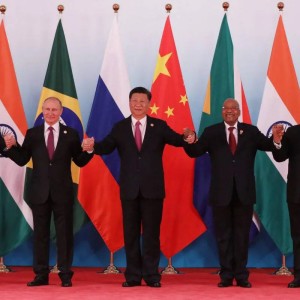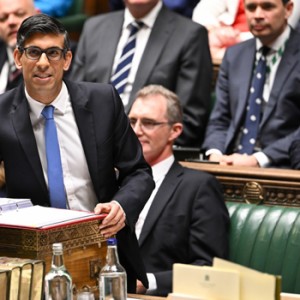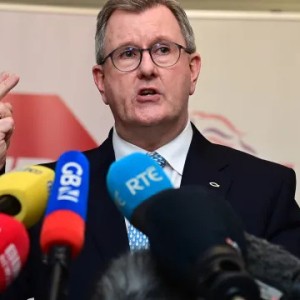In a Thursday conversation with Turkish President Recep Tayyip Erdogan, Russian President Vladimir Putin reportedly outlined the conditions that would need to be met in order for him to end his invasion of Ukraine.
According to a BBC report, a Turkish official who listened to the call between the two leaders said that Putin would end his invasion if several conditions are met including a promise that Ukraine will remain neutral and not join NATO.
Erdogan's leading adviser and spokesman, Ibrahim Kalin, says that Russia is also calling for Ukraine to undergo a disarmament process to mitigate threats to Russia in the future as well as legal protections for the Russian language in Ukraine.
Additionally, Putin reportedly desires promises related to the "Denazification" of Ukraine.
Putin, according to the report, is also asking for face-to-face negotiations with Ukraine’s President Volodymyr Zelenskyy to hammer out his demands which Zelenskyy has previously stated he is not opposed to.
Other Details
Kalin said that there were other conditions Putin listed that he did not go into much detail about but he believes they will involve territories that have broken away from Ukraine in the eastern Donbas region.
The report states that it is "assumed" Putin will ask Ukraine to give up territory in the east and formally recognize that Crimea, which Russia illegally annexed in 2014, is a part of Russia.
The demands are in line with previous reporting that stated Putin has told Ukrainian officials he will end his invasion if six major conditions are met.
Derailing morale of Russian forces
News of Putin’s willingness to negotiate an end to the war comes as his invasion enters its fourth week and reports have surfaced that morale among some Russian troops is beginning to wane.
The U.S. Defense Department has observed Russian forces stalling out in their advance as well as anecdotal instances of sagging morale among the troops.
Pentagon Press Secretary John Kirby hesitated to comment on the broad morale of the Russian forces, but he acknowledged some "anecdotal indications" that morale is "not high in some units."
"Some of that is, we believe, a function of poor leadership, lack of information that the troops are getting about their mission and objectives, and I think disillusionment from being resisted as fiercely as they have been," Kirby explained. "But, again, I want to stress that these are anecdotal accounts."
"While we’re confident in what we’re picking up, we would not apply that to the entire force that Russia has put into Ukraine," he added.
Reports over the past week have indicated a significant slowdown in Russian advance, which may contribute to the anecdotal low morale: Officials have not seen Russia move its artillery "any closer" to Kyiv, but that all signs indicate that the forces intend to conduct a siege of the Ukrainian capital city.














